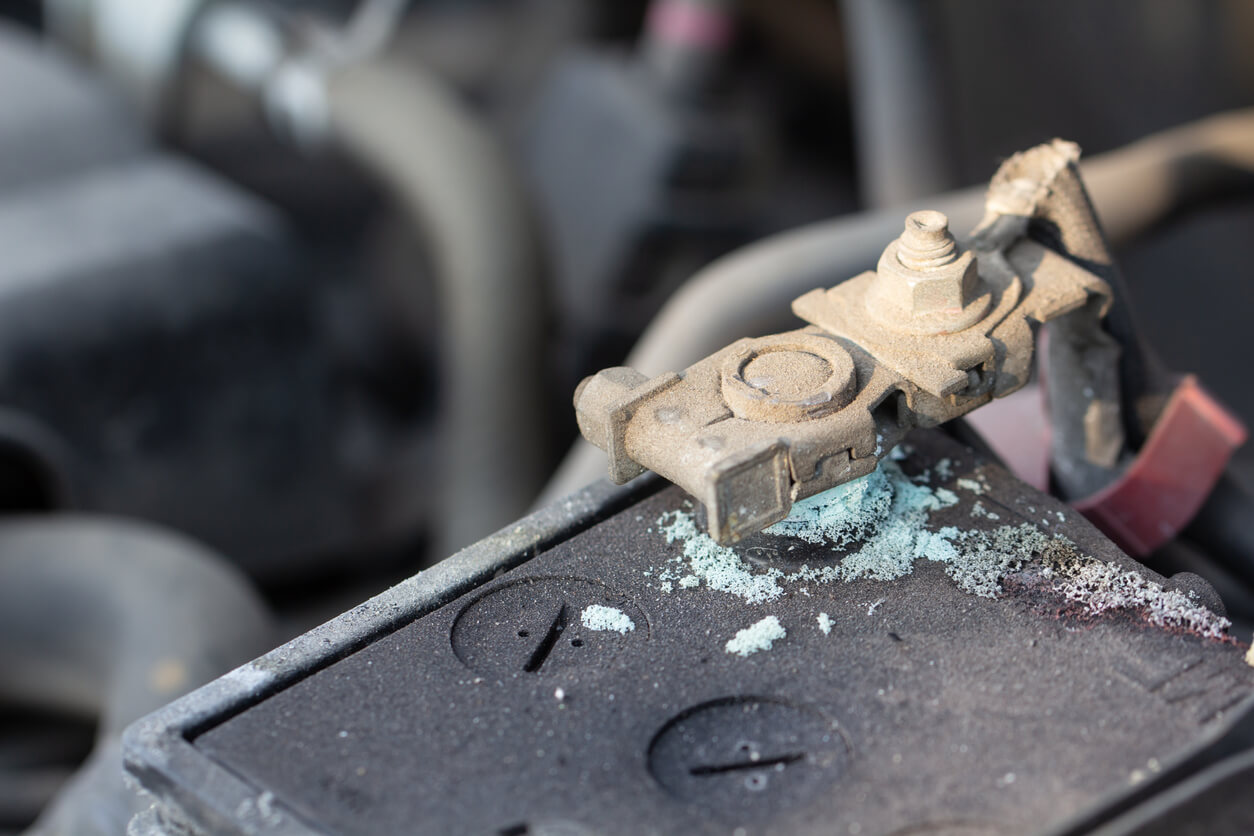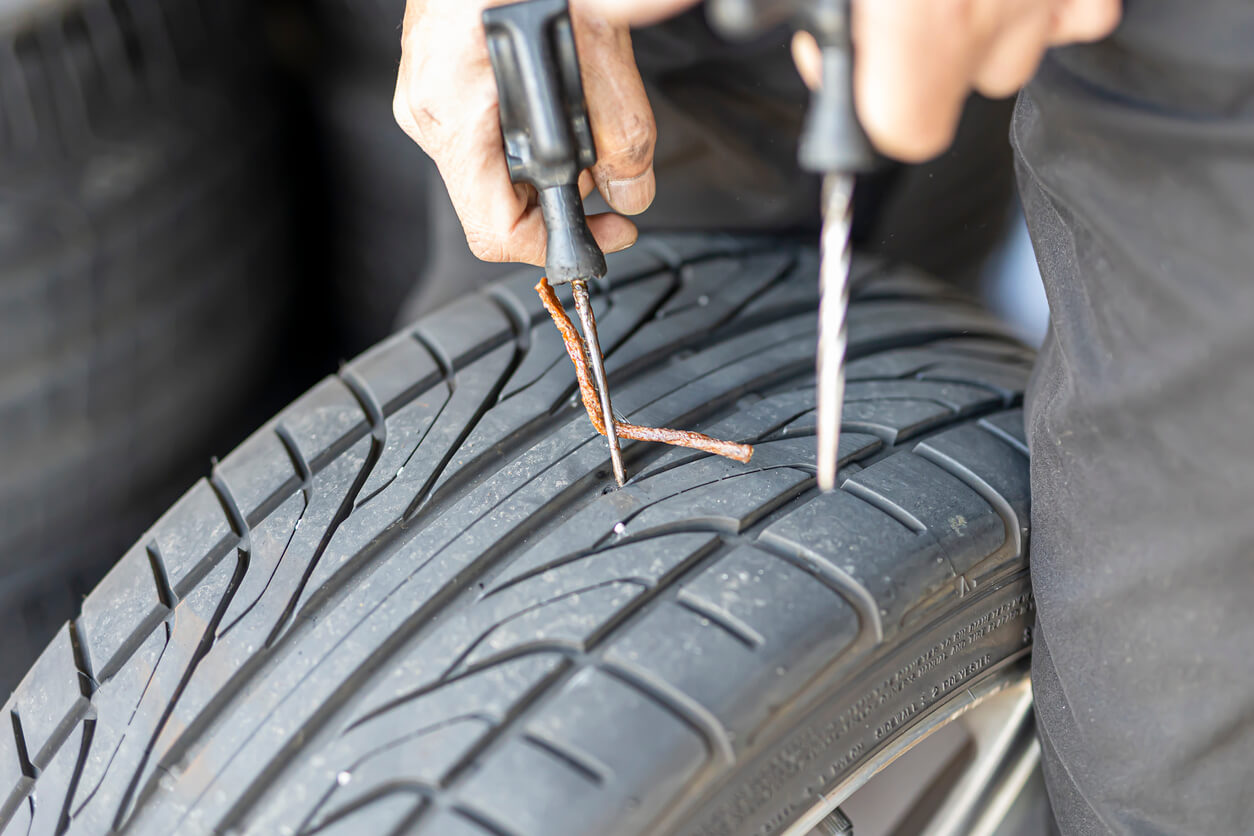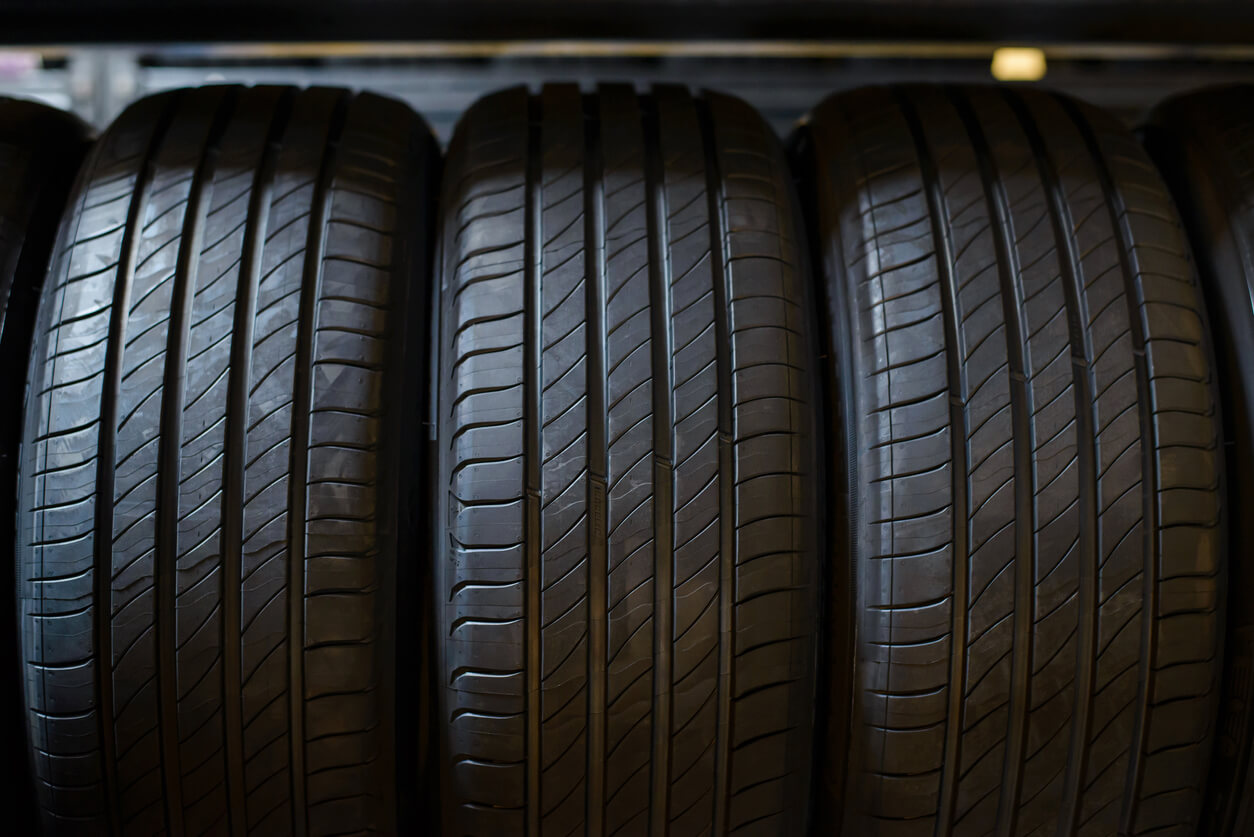Vehicles whose propulsion is powered by electricity, rather than internal combustion engines (ICE) have made a recent resurgence in the last decade (did you know that in 1900, over a third of self-powered vehicles were electric?). Early electric vehicles had many benefits such as being quiet, having no fumes and being relatively maintenance-free.
ICE vehicles then took over the market thanks to their benefits of quick refuelling, longer range and more power. Electric vehicles all but died out when Henry Ford was able to significantly undercut electric vehicle pricing with the mass-produced Model T. A few short years later, the electric starter motor was invented, making internal combustion engines a much more attractive proposition.
Many decades passed, while our lifestyles were modelled around the internal combustion engines capabilities. Countries like the US in particular feature entire cities designed around the automobile to the point of making other forms of transportation inconvenient. Longer distances prevented electric vehicles from regaining market share.
1965 saw the dawn of the lithium battery by NASA, which sought much more energy in a physically smaller package. Since then, several major research and engineering milestones have meant that today, electric vehicles are now a realistic and practical method of transportation for quite a large percentage of the population.
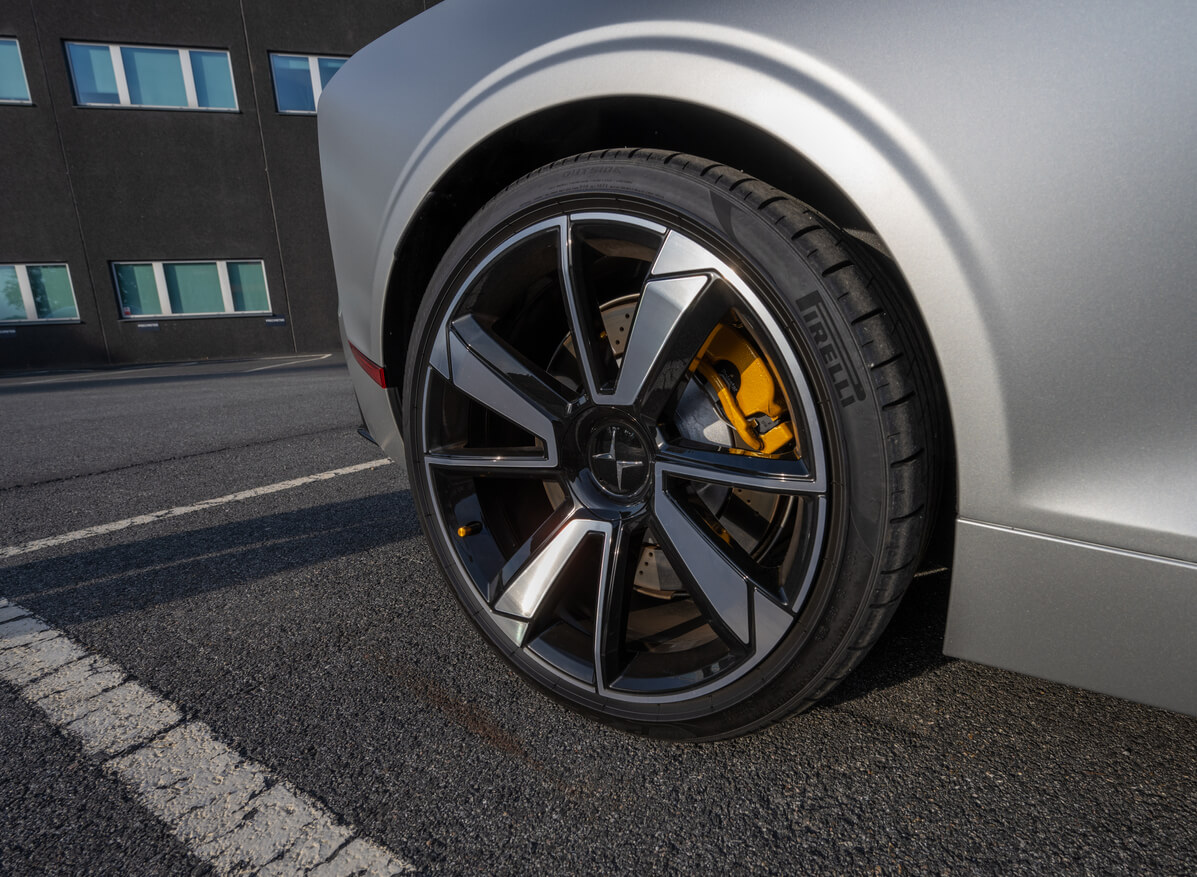
Considerations for tyres when it comes to electric vehicles
While standing in a car dealership looking at various vehicles, all the tyres roughly look the same. All of them black and round, some of them are larger, have chunkier tread, some have white lettering on the sides.
But there are critical differences between ICE and electric vehicles that tyre manufacturers need to consider when it comes to designing tyres optimised for electric vehicles.
Efficiency
Because of the amount of energy able to be stored for propulsion, EVs are designed to be much more efficient than conventionally powered vehicles.
Tyres designed for electric vehicles must follow this same strategy in order to maximise range. Often referred to as ‘low rolling resistance’ tyres, they result in less energy consumption thanks to several important differences from standard tyres.
- Specialised rubber compounds: Highly energy efficient tyres are designed with rubber compounds that are designed to reduce heat buildup, which helps to reduce rolling resistance.
- Low-profile sidewalls: Many eco-tyres have a shorter sidewall, which can help to reduce deformation of the tyre as it rolls. Less deformation results in less heat.
- Narrower widths: Much of the time, you’ll find electric vehicles and economical vehicles fitted with narrow tyres. The smaller contact patch results in much less parasitic drag, or rolling resistance.
- Lightweight construction: Low rolling resistance tyres are often made with lightweight materials to reduce their overall weight. Unsprung weight can be a detriment to vehicle handling and performance.
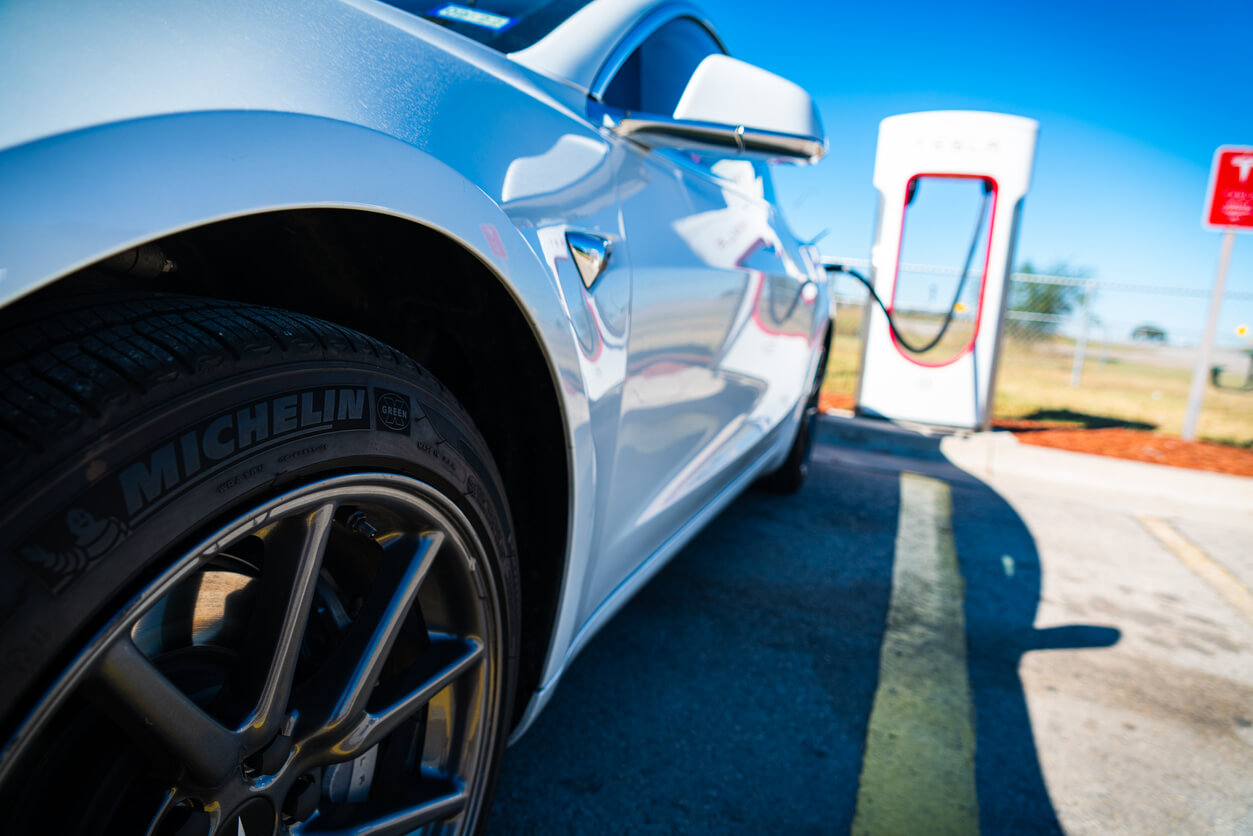
Noise
One of the distinguishing features of vehicles with electric drivetrains is the lack of vibration, noise and smells. This tends to give electric vehicles a premium feeling, typically associated with upper-end vehicles with extra sound insulation.
When tyre manufacturers design tyres for electric vehicles, careful consideration is given to ensure that the tyre is quiet and still performs well.
Tyre manufacturers often use a mix of clever techniques to ensure their tyres generate as little noise as possible, including:
- Specialised tread patterns that avoid harmonic frequencies
- Deeper tread with more grooves and sipes on the shoulders, this allows for air to escape from under the tyre easier, with less turbulence.
Load Rating
So far, so good. Tyres that complement electric vehicles must be quiet and efficient. However, because electric vehicles must carry hundreds of kilograms of electric batteries, they are often heavier than their ICE variants.
EV tyres have to be designed to perform well whilst being loaded without losing their sound and rolling resistance properties.
Extra weight can cause excessive tyre deformation, which can result in the tyre overheating. This is particularly noticeable with narrower tyres that are frequently fitted to EVs. To support this additional load, tyres for EVs may be made with more premium materials and construction techniques.
Traction Capabilities
As if a tyre manufacturer’s job wasn’t hard enough, a distinguishing feature of vehicles with electric drivetrains is that the motors can provide instant torque with acceleration previously unheard of in standard road-legal passenger vehicles.
While an internal combustion engine typically takes a second or more to build up torque, an electric motor can go from idle to maximum torque in less time than it takes to blink an eye.
Tyres for EV vehicles, particularly high end performance models, need to not only be efficient but also have fantastic grip capabilities.
Now, designing a high performance tyre isn’t all that difficult, with just about every manufacturer having some kind of high performance or ultra high performance tyre in their lineup, but it’s having that performance whilst still meeting noise, efficiency and load targets that can often result in a very special tyre design.
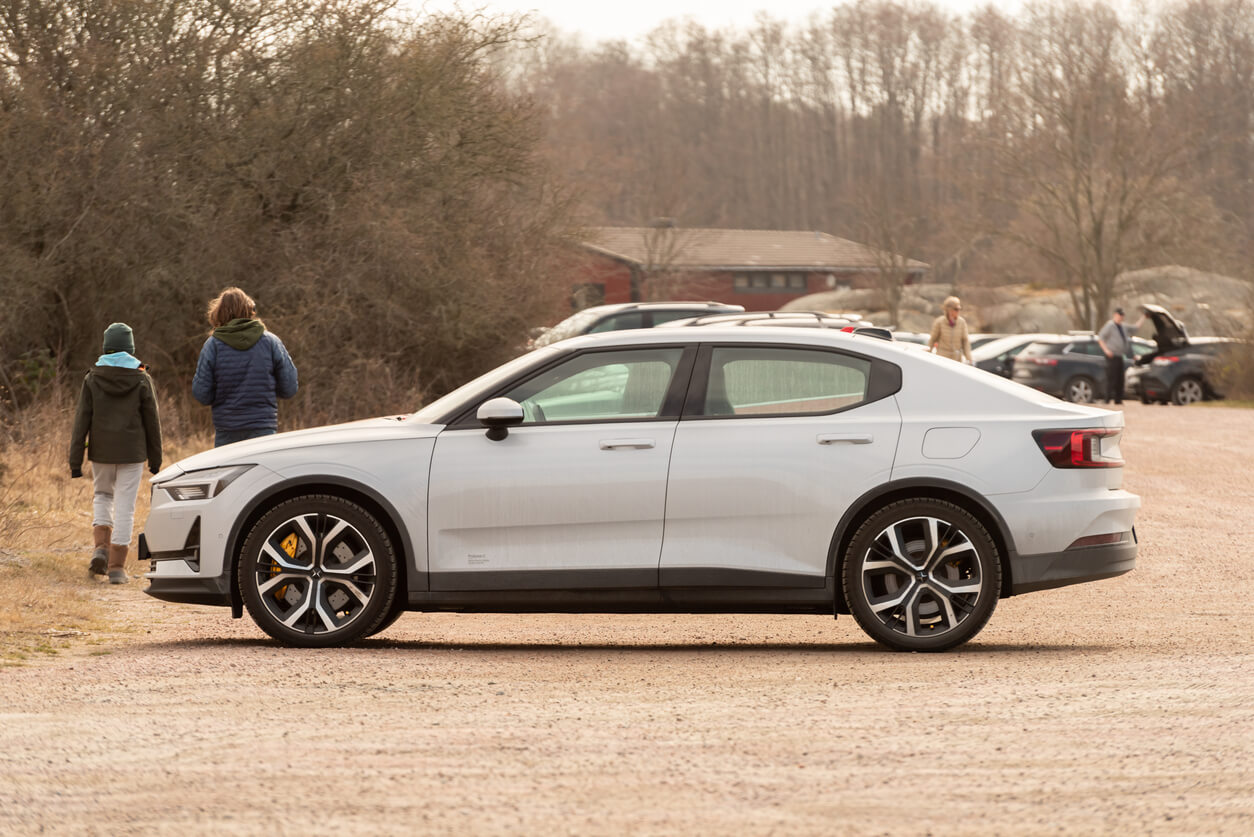
Your Electric Vehicle Tyre Experts
Regardless of what vehicle you drive and what sort of powertrain is in it the team at your local Tyrepower will be able to supply and fit the perfect tyre to suit your needs.
We will ensure that any tyres fitted to your vehicle meet all your manufacturer's specifications for speed rating and load index, as well as assist you in choosing a tyre that meets your own expectations.
Call today or visit us in person to discuss tyres, alignments, tyre rotations and more!


















